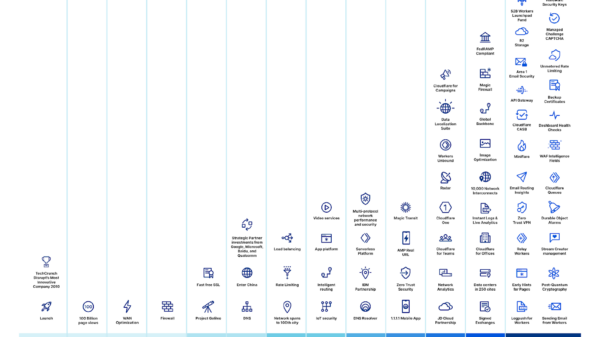Shipping a car can be a significant logistical challenge, involving numerous variables that can impact the cost. Whether you’re moving across the country or importing a vehicle from overseas, understanding the factors that influence shipping costs can help you budget effectively and choose the best option for your needs. Here are the top five factors that impact the cost of shipping your car:
1. Distance and Location
The most straightforward factor affecting car shipping costs is the distance between the pickup and delivery locations. Generally, the longer the distance, the higher the cost. However, it’s not just about the miles. Shipping routes also matter. Major routes between large cities tend to be cheaper due to higher volume, which drives competition among carriers. Conversely, shipping a car to or from a rural or remote area can be more expensive due to the lower volume of shipments and the extra distance carriers must travel off major routes.
Additionally, international shipping involves more complexities such as longer distances, customs clearance, and additional paperwork, all of which contribute to higher costs.
2. Type of Transport
The choice between open and enclosed transport significantly impacts the cost of shipping a car. Open transport, where vehicles are loaded onto an open trailer, is the most common and cost-effective option. This method is generally safe for most vehicles, but they are exposed to the elements and potential road debris.
Enclosed transport, on the other hand, offers a higher level of protection as the vehicles are shielded from the elements in a covered trailer. This option is preferred for luxury, classic, or particularly valuable cars. However, enclosed transport can cost up to 50% more than open transport due to the added protection and lower capacity of enclosed carriers.
3. Vehicle Size and Weight
The size and weight of your vehicle directly affect shipping costs. Larger vehicles, such as SUVs and trucks, take up more space on a carrier than a compact car, which means they can displace other vehicles and thus cost more to ship. Heavier vehicles also add more weight to the carrier, affecting fuel consumption. Carriers must consider these factors when pricing their services, often resulting in higher costs for larger and heavier vehicles.
4. Seasonality and Timing
The auto transport industry experiences fluctuations in demand throughout the year, affecting prices. For example, during the snowbird season, when people migrate south for the winter, the demand for shipping services along these routes increases, leading to higher prices. Similarly, summer months see a spike in overall moves and car shipments, driving up costs.
Furthermore, how flexible you are with your shipping timeline can also impact cost. If you need expedited shipping, you’ll pay a premium for quicker service and more precise scheduling. Conversely, being flexible with your pickup and delivery dates can lead to lower costs if you can take advantage of carrier backhauls or less busy times.
5. Insurance and Additional Services
Most carriers include a basic level of insurance in their quotes, but for high-value vehicles, this may not be sufficient. Purchasing additional coverage can protect against the unlikely event of significant damage during transport. This extra insurance will increase the overall cost of shipping.
Moreover, additional services such as door-to-door delivery (as opposed to terminal-to-terminal) provide convenience and save you time but at a higher cost. Door-to-door service means the carrier picks up and delivers your vehicle as close to your specified locations as possible, avoiding the need for you to drive to and from terminals.
Conclusion:
Understanding these five factors can help you navigate the complexities of car shipping and choose the best option for your needs. Whether balancing cost with convenience or ensuring the utmost protection for a valuable vehicle, being informed will aid in making the best decisions for shipping your car. Always consider getting multiple quotes and check the reputation of carriers to ensure you receive reliable service at a fair price.



















